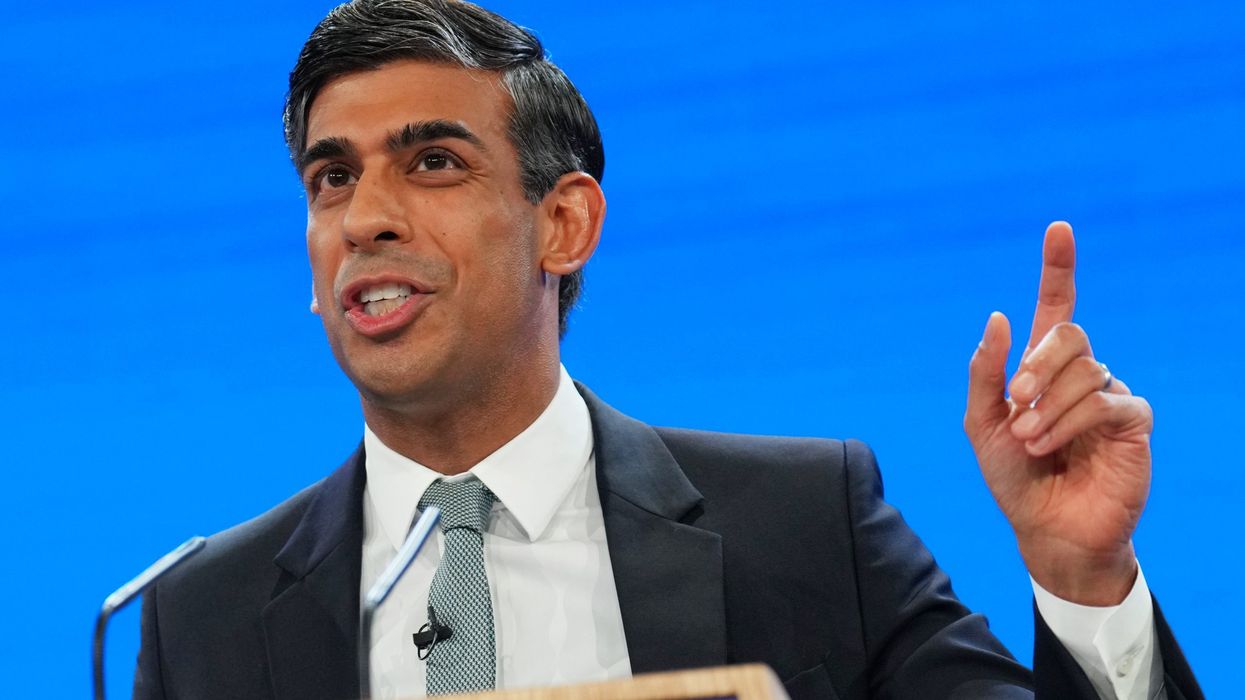THE government's new legislative agenda will build on its priority to grow the economy, safeguard energy independence and ensure the UK is securing "the benefits of Brexit", prime minister Rishi Sunak's office said on Saturday (4).
Measures will also help build "the most competitive and supportive environment for businesses to capitalise on new technologies".
The agenda for the year ahead will be set out on Tuesday (7) in the traditional monarch's speech to parliament. It will be the first King's Speech in 70 years, following the death of Queen Elizabeth in September last year.
Sunak is hoping that the launch of the final legislative session before an election, expected next year, will give his government some positive momentum as he bids to close the opposition Labour party's big lead in the opinion polls.
"Just as I have done with energy security, net zero, illegal migration and HS2, the King's Speech will take the long-term decisions to address the challenges this country faces, not the easy way out with short-term gimmicks," Sunak said in a statement released by his office.
"As we take the necessary steps to halve inflation and reduce debt, we will legislate to grow the economy, by supporting innovative businesses and protecting consumers."
The HS2 (High Speed 2) railway is aimed at helping "level up" economic growth in Britain, but it has been beset by delays and soaring costs and last month Sunak axed part of the planned line, to Manchester.
Sunak has argued that Britain's departure from the European Union has not been a failure but seven years after Britain voted to leave opinion polls show a majority of the public regret it.
The Bank of England said this week that the economy was close to a recession and would have no meaningful growth in the coming years, although economists say Brexit is not the sole cause of the problem.
Sunak's office said the speech will also include a package of measures focused on "strengthening our society and helping people to feel safe in their communities."
It said seven bills will be carried over to complete their passage in the next session, including the Digital Markets, Competition and Consumers Bill and the Data Protection and Digital Information Bill which will modernise regulation.
Earlier this week, Sunak hosted the inaugural AI Safety Summit to debate how, and even if, the risks of the technology can be contained.
The King's Speech will be delivered ahead of finance minister Jeremy Hunt's Autumn Statement on Nov. 22.
(Reuters)
New legislative agenda to build on measures to grow economy: Sunak's office
The King’s Speech will take the long-term decisions to address the challenges this country faces: prime minister




